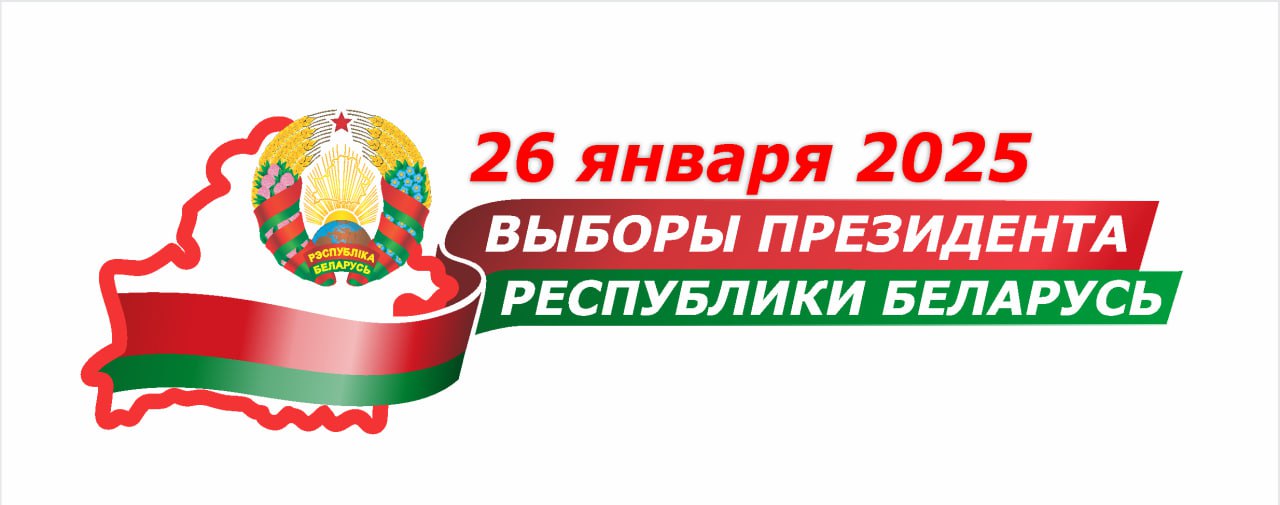In spite of the global crisis, the economy of Belarus has preserved the sustained development, Prime Minister of Belarus Sergei Sidorsky told reporters as he visited Mogilevkhimvolokno on January 20, BelTA has learnt.
The global financial crisis is seriously affecting the economy of the countries Belarus works with. A set of important measures therefore was taken to attract additional financial resources to the economy. As the global oil prices are dropping, the economies that developed production up to the third or fourth generations appear to have advantage over the high-cost economies that advanced due to energy revenues during the past 10 years. The last 6-8 moths witnessed the collapse of raw-material-intensive economies, both in the post-Soviet and European countries, while the Belarusian economy demonstrates a stable growth, he underlined.
The Belarusian head of government said that the programmes implemented in Belarus during the past 10 years allowed a drastic modernization of production facilities. The programmes adopted 3-4 years ago, especially the innovation development projects, help switch to the higher quality production at all industrial enterprises. During the last three years, the cost of expensive resources in the industrial sector reduced manifold.
Sergei Sidorsky cited an example of Mogilevkhimvolokno which implemented a wide range of ambitious investment projects supported by the Belarusian government. This enabled the company to increase the production up to Br900 billion in 2008, almost twice as much compared with 2000-2001. The enterprise has set up a firm technological foundation to underpin the economy of joint stock companies. It pertains to almost all the country’s enterprises, the Prime Minister concluded.
According to him, practically all Belarusian enterprises are completing the upgrading of their production facilities. It pertains mostly to the processing industry where almost all enterprises were modernized during the last 3-4 years. “We are trying to create almost non-waste technological production. It means that Belarusian goods are competitive,” the head of government noted.
However, Sergei Sidorsky admitted that it became harder to work as the number of export markets is decreasing. “We have set a task not to leave these markets and to continue to promote our goods,” he added.
The Prime Minister mentioned Minsk Tractor Works which produced about 12-19 thousand tractors in 2000-2001 and in 2008, this figure reached 70 thousand. “The production growth should be maintained beyond the Minsk Tractor Works. Joint productions are to be set up in Russia and Ukraine. For the last several years we have managed to establish about 15 works in these countries and our partners are interested in creating more similar enterprises,” he said. Serious negotiations are underway with the countries of South-East Asia and the Persian Gulf. For example, the Syrian Arab Republic has proposed to open a motor-car factory with a capacity of about 3 thousand tractors per year. Similar enterprises are to be opened in Venezuela and Cuba. “It means that during the financial crisis we are not just trying to strengthen our positions on the international markets but also to pursue an aggressive policy on other foreign markets. This is the major task for all enterprises," Sergei Sidorsky said.
БЕЛТА
